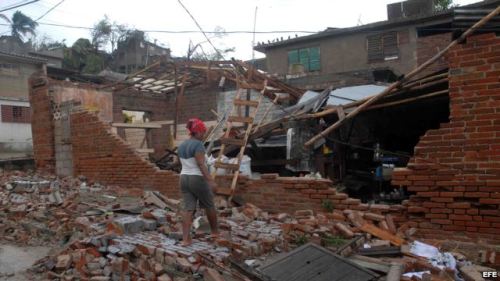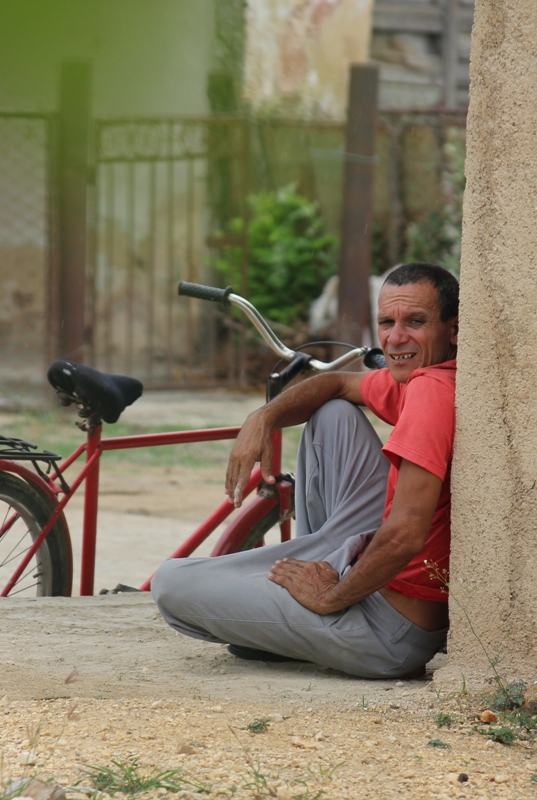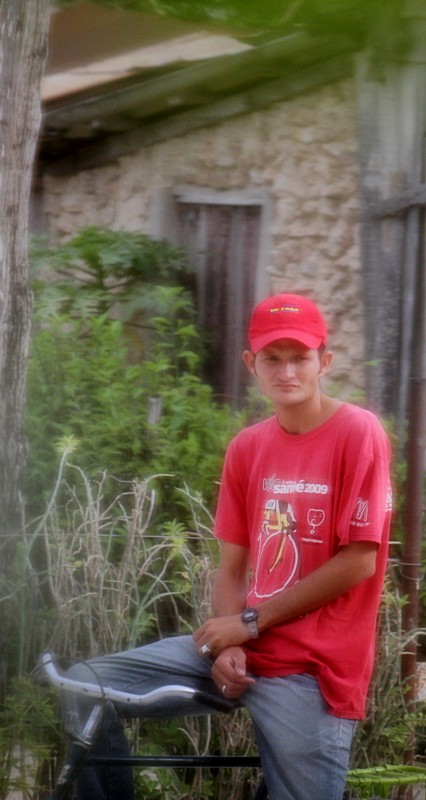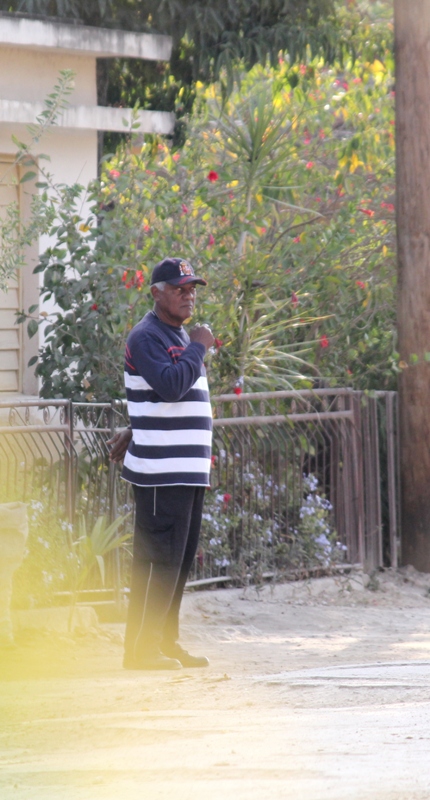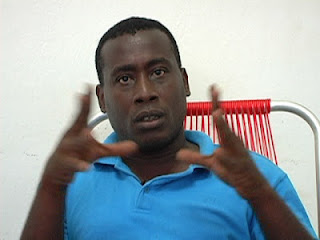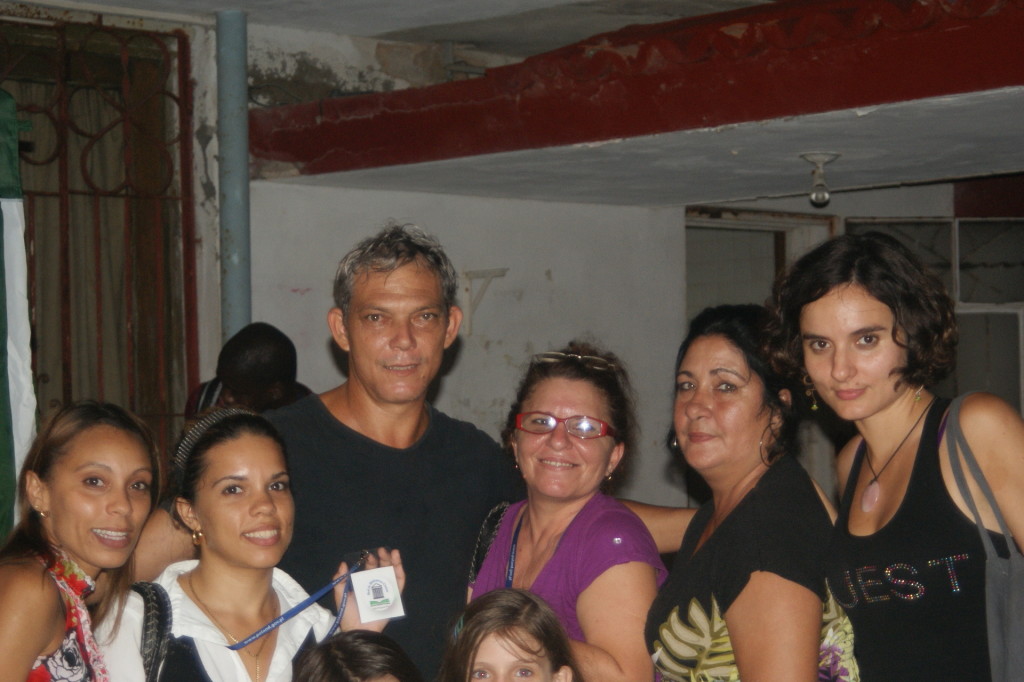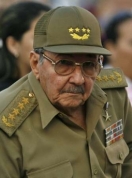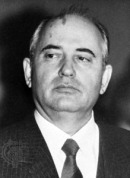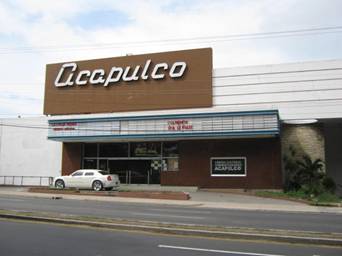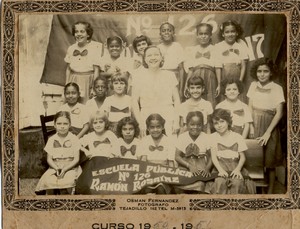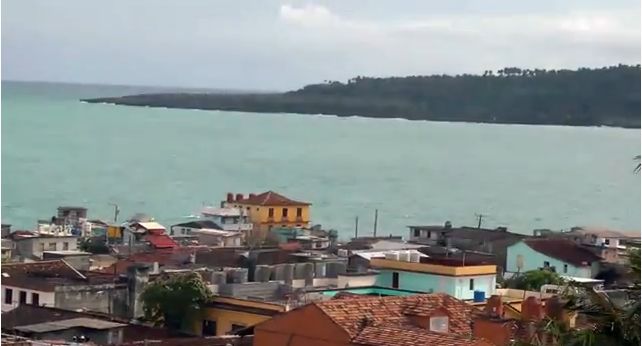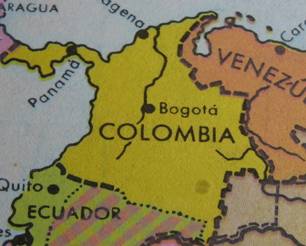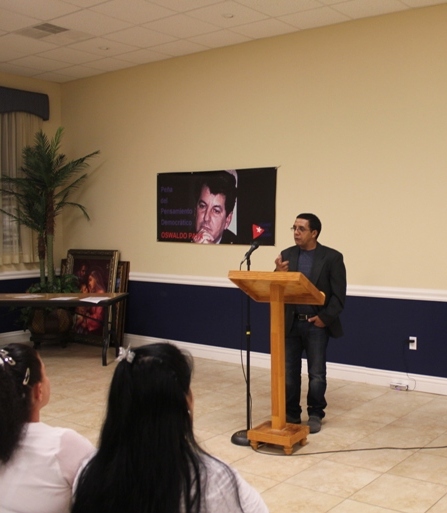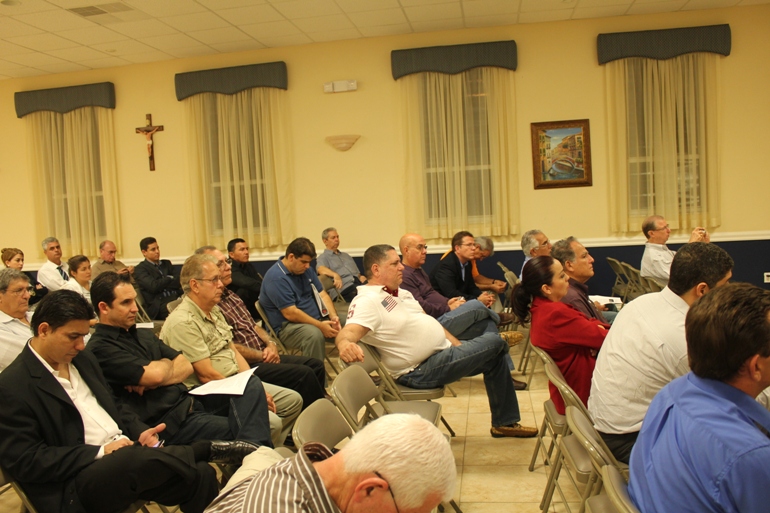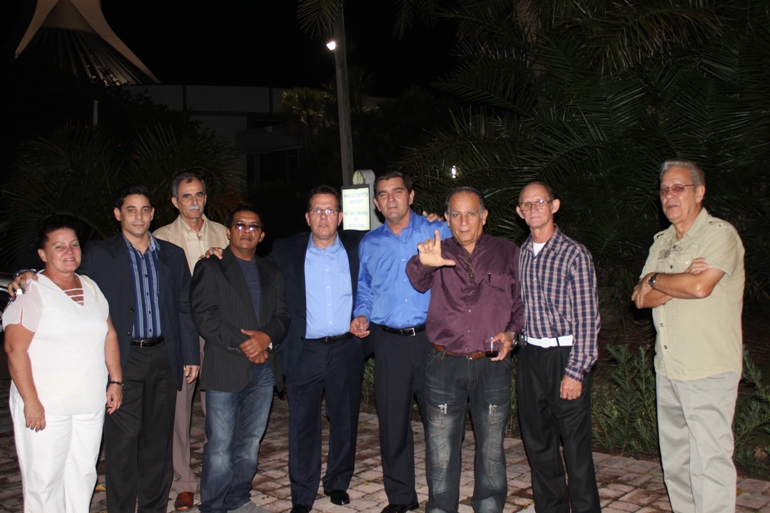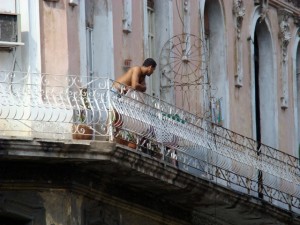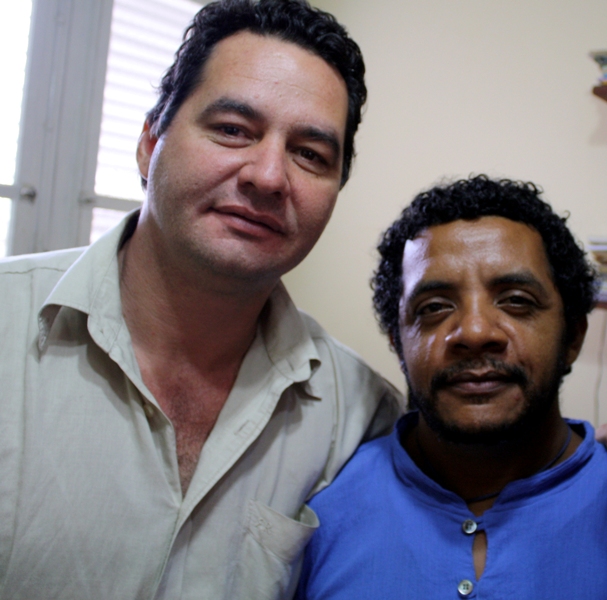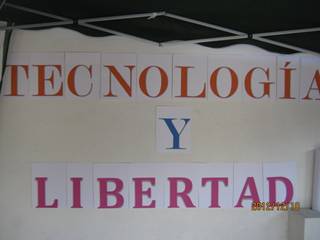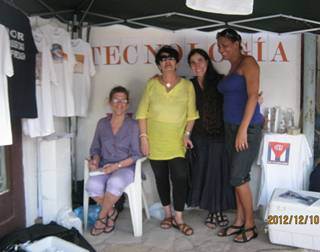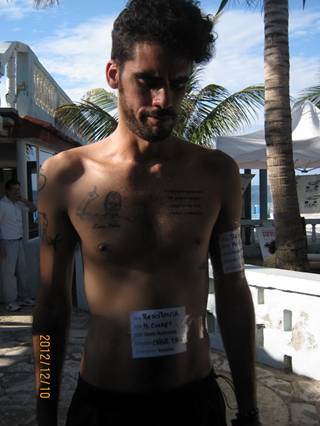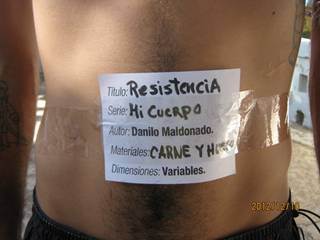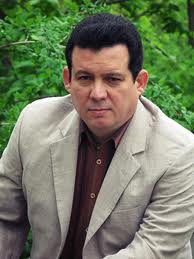
By Amir Valle
Ángel Santiesteban is a writer.
It’s a truth so absolute that it can make whoever reads this think, “Amir Valle still doesn’t know what he’s going to write.” And he would be right. Because I could have begun by saying directly what I mean:
“Ángel Santiesteban is a writer, but they want to disguise him as a criminal.”
And now that’s very different. Still more if we see ourselves obliged to remember that Ángel Santiesteban lives in a country that spends its time “crowing” everywhere that Cubans “live in the best of worlds that exist today”; that is to say, almost in a paradise on earth, and that the accusations made by enemies — who in all cases are called “mercenaries of imperialism” — that human rights are not respected in Cuba are false.
Ángel Santiesteban is a writer, and he has told about a Cuba that the government doesn’t want to show; a Cuba that refuses to accept many honest beings of this world who once pinned their hopes on what the Cuban Revolution meant in those beautiful and, I repeat, encouraging, years of the Seventies. But the saddest thing is that Ángel Santiesteban has written, persists in writing and speaking about a Cuba that certain intellectuals of the Left strive to hide.
I have spoken with some of these colleagues, and it has called my attention to discovering that, determined in their personal war against “the evils of imperialism,” against “the genocide that capitalism is causing in the present world,” against the “dangerous and growing loss of liberties and human rights that the United States and the rich countries of the First World are carrying with them wherever they plant their boots,” they don’t want to understand (and even search for thousands of justifications, among others, Ahh! The North American blockade!) that on a more reduced but also criminal scale, the Cuban government has converted “Cuba, the beacon of the Americas and the world” into an absurd marabuzal (convoluted mess) of economic, social and moral evils.
They don’t want to recognize (and even try to find forced explanations) that because of the failed economic experiments and the “war mongering internationalism” of Fidel Castro and his minions, the Cuban people have suffered a true genocide that already numbers more dead than all the deaths that have occurred on the island since the beginning of the 20th century up to today (just trying to escape Cuba for the United States on makeshift rafts to reach “the capitalist hell,” around 30,000 Cubans have perished); and above all, those intellectual colleagues of the Left lose themselves in labyrinths of slogans from the epoch of the Cold War when they try to defend a government that shows its true dictatorial face eliminating freedoms and human rights for all its citizens, enraging itself especially with those who dare to think with their own minds, to say and write what they think.
It’s a shameful position, without doubt. But more shameful is the silence in response. And it’s in the face of evidence of the total disaster that today is the political and governmental “system” imposed on Cubans (and the quotation marks are because more than a system, it’s a desperate experiment to gain time in power to prepare the way for the “sons of the Castro Clan and their acolytes” to assume that power). Faced with the impossibility of defending such a debacle with solid arguments, they now count on changing the subject, and when they see themselves obliged “to fulfill their honorable professional careers” to face the stubborn truth of the facts, they respond with a theatrical “I didn’t know” (at least this happens with the majority of those I know).
But there is even something more embarrassing. A good part of those intellectuals personally knew Ángel Santiesteban when he still hadn’t decided to say out loud and to write journalistically to Cubans and the world what he thought about the harsh reality of his country. At that time he was limiting himself to writing only short stories, which were hard, critical, not at all complacent. But even so he was then considered a prestigious voice in the concert of Cuban narrative. The official critics, many of them cultural functionaries in important political posts, categorized him as “the best storyteller of his generation.”
But none of those critics, none of those functionaries, could ever explain why, while the Latin American Literary Agency (that represents and manages internationally the literary works of the resident writers on the island) placed in good, mid-range and even unknown publishers abroad works that were “not conflictive” (many of them of lesser quality than the books of Ángel), the Agency never managed to place one single one of the much-praised books of Ángel Santiesteban.
We heard the unofficial response from the mouth of a Cuban editor, then the director of one of the most prestigious publishing houses on the island, at a party in the Pablo de la Torriente Brau Cultural Center. And perhaps that explosion of sincerity had something to do with the several plastic cups of rum and cola that the editor had drunk. Now we know, because life has shown us: children and drunks tend to be implacably sincere. Later I knew that the weight of conscience bothered that poor man, the guilt of not having been able to overcome the fear that obliged him to leave his ethical principles to one side and convert himself into the worst of intellectual marionettes: a censor.
“Some day many things I did will come out into the open…the many masks I had to put on…to save you from the hell that I had to go through…to defend the right of writing with freedom, believe me, I did a lot…a lot….,” he said, with a nasal voice.
“I saved your ass when you wrote the true Manuscritos…and now I can tell you that was a great book….,” he told me, pointing at me with a trembling finger.
“And you, for your book of stories about Pinos Nuevos,” he told Alejandro Aguiar, who I didn’t think was really listening because he was talking with Alberto Guerra, who now also had ears as red as Mandinga from the alcohol.
“And just now I came from a meeting where a bastard from the Agency, whose name I won’t mention, said clearly, clearly, that he is not promoting outside Cuba “gusano books” — the books of worms — like those of Ángel Santiesteban.
That I remember. Of course with all the repetitions, all the babbling and all that comic slurring of words that drunks usually do. Even tears, especially when he complained that it hurt him to be seen as a censor by colleagues like us.
The period of time, and above all the secrets that some writer friends told us under their breath who also were functionaries “of confidence” would allow us to prove that that behavior was not an aberration of one particular censor. It was a clear political tactic: books that showed the island in a way that was “not convenient” to the official image that Cuba projected were shelved and the authors were always told that “we don’t know what’s happening, but we are not able to place your books…it’s difficult, the international market is very hard.”
And when they placed some of those books it was strictly for propaganda purposes, well calculated. One writer who protested too much had to shut up (and was then published by a very small house of almost no distribution, so that the book didn’t circulate except for guaranteeing a few samples for the author who boasted of being published abroad) or had to show that it was a lie that Cuba censured him, for which they flocked to false or blandly “conflictive” books of writers who clearly adhered to the Regime, most notably the “critical” novel “The Flight of the Cat,” by Abel Prieto.
Nothing of that, of course, do they accept, those foreign intellectuals who then came to Cuba and were astonished at the “fabulous narrative capacity of Ángel Santiesteban,” as some told me personally in those years. I even dare to assert that some, if they are asked, upon receiving the official version (in which, I am also sure, they don’t believe) have decided to make like ostriches and hide their heads in the sand.
None of them, even where it is known in the intellectual milieus of the island and exile, has interceded for this writer they praised so much when he was unknown by “the enemy press, mercenary of imperialism”; none of them, in their numerous trips to Havana, has demanded that the right of Ángel Santiesteban to say what he thinks, to publish what he thinks inside and outside Cuba be respected, not even with 0.5 percent of the rage with which they defend a phony like Julian Assange (who presents himself as a paradigm of free expression of the press but runs to seek refuge under the wings of a government that is a paradigm in the world of repression of a free press).
None of those who verified with their own eyes that Ángel Santiesteban is, above all things, a sincere writer, with a literary career that has persevered since its very beginning in offering a critical look at the Cuban reality, none of them, I repeat, has pronounced publicly, like they should, to simply defend the right of Ángel Santiesteban to be considered thus, a writer.
Berlin, November 9, 2012
Translated by Regina Anavy
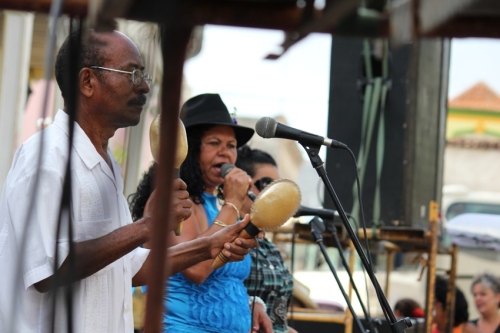 The television news shows the agony of the victims of Hurricane Sandy and the Culture Department of the Communist Party of Cuba (PCC) is determined to offer its parishioners some entertainment … a force of ridicule.
The television news shows the agony of the victims of Hurricane Sandy and the Culture Department of the Communist Party of Cuba (PCC) is determined to offer its parishioners some entertainment … a force of ridicule.